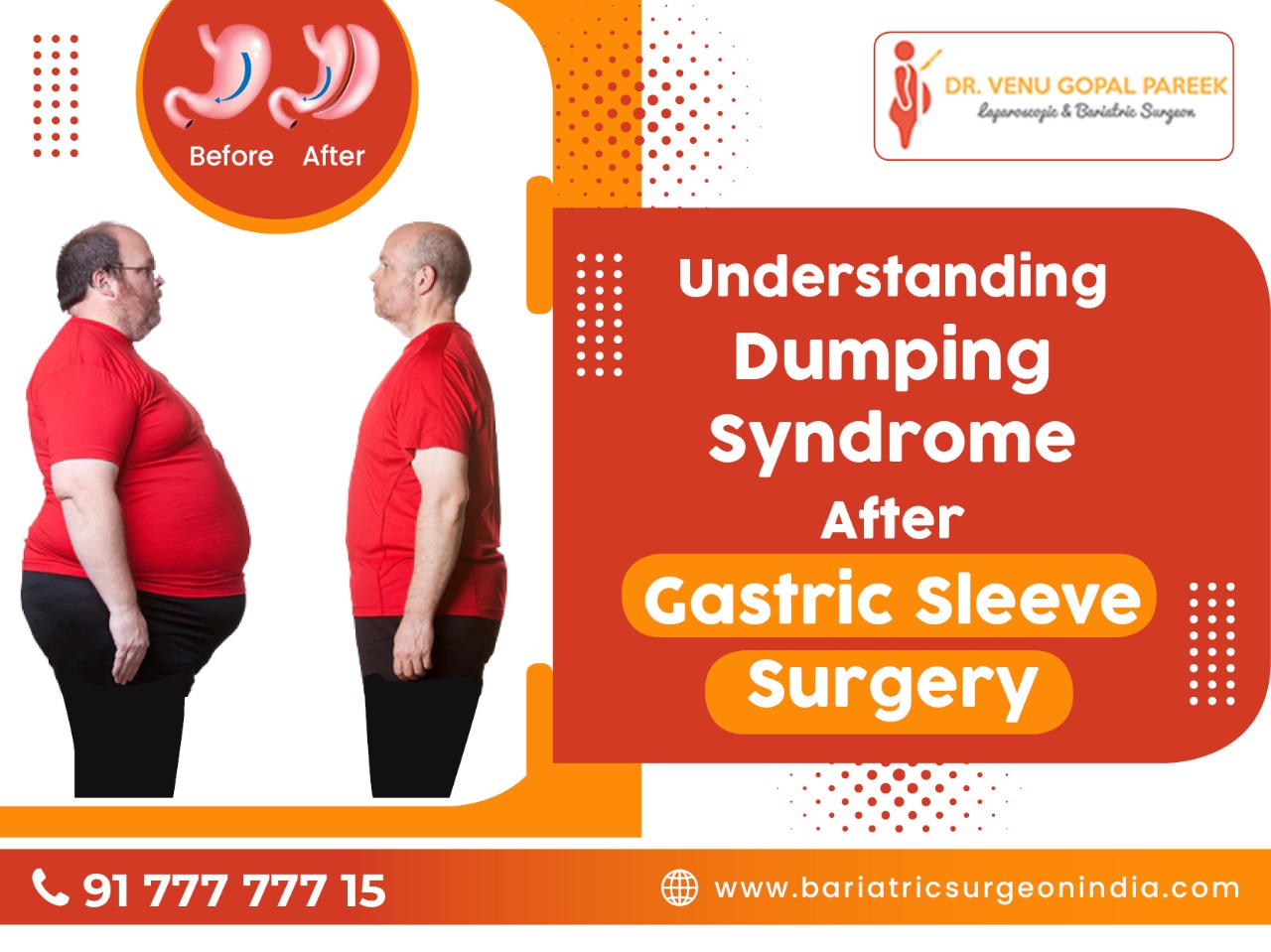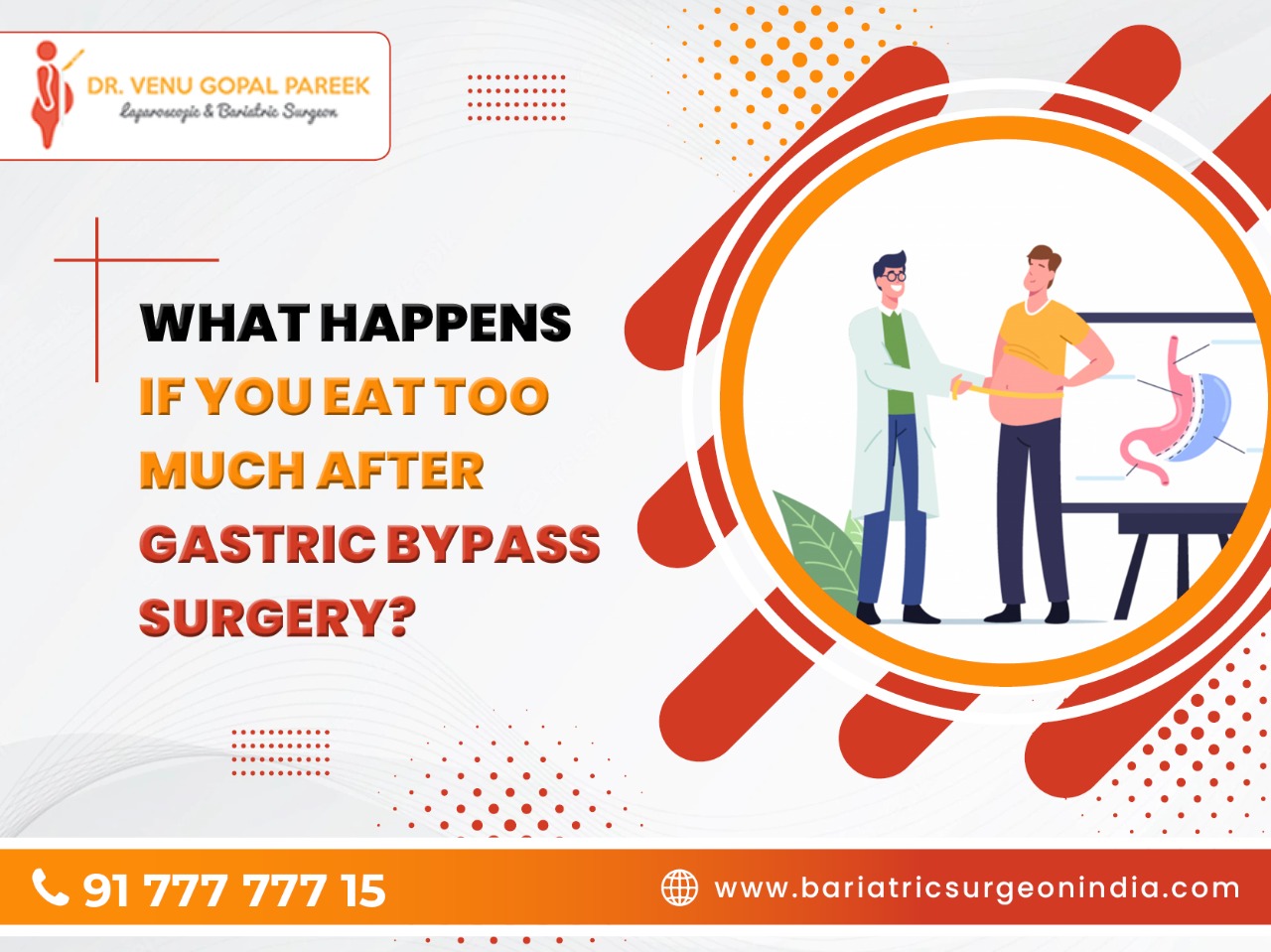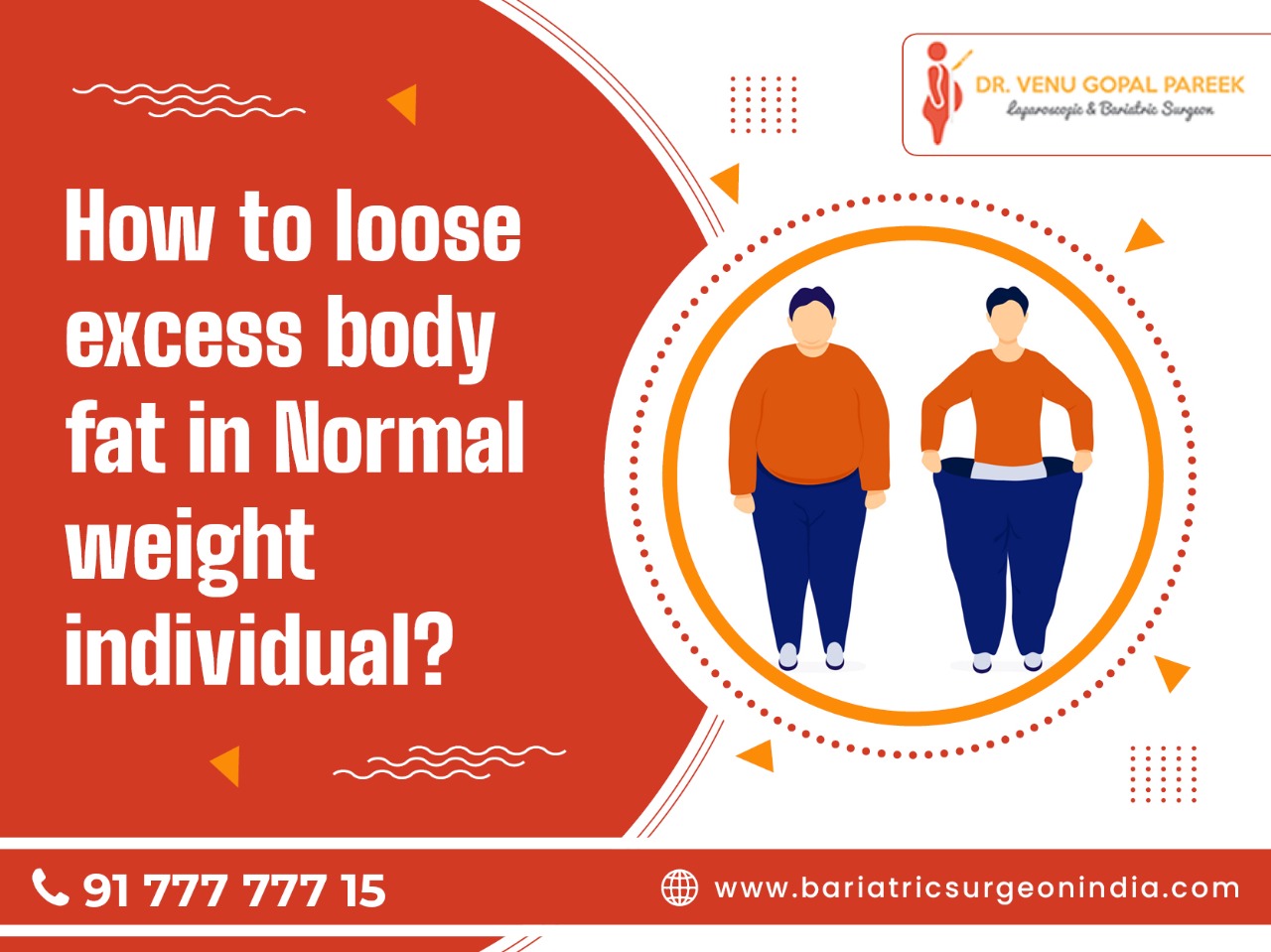Robotic Surgery in Gynaecology
Over the past 30 years, minimally invasive surgeries (MIS) have been regarded as the most significant surgical advancement. The procedure transformed surgical practice with significant benefits over conventional open surgery: decreased surgical trauma and complications related to cuts, such as infections at the site of incision, pain post surgery and hernia, less hospital stay, and improved aesthetic results. The introduction of robotic surgery in gynaecology marked a significant shift in surgical
How Bariatric Surgery improves sexual health and fertility?
The difficulty of becoming pregnant increases for a growing number of women of childbearing age who are overweight. Many studies say that it is possible to improve fertility by losing weight. However, weight loss can sometimes be difficult with just lifestyle changes. In such cases, bariatric surgery may be a viable option. It is possible to address the problems causing infertility with surgical weight-loss procedures as they help lose excess weight
Understanding Dumping syndrome after Gastric Sleeve Surgery
Dumping syndrome is a problem that commonly happens to people who have undergone certain bariatric surgeries. The condition typically occurs after gastric bypass surgery, but people also experience it following gastric sleeve surgery. The diverse anatomical changes made by the bariatric surgeon during the gastric bypass procedure – the removal of the stomach's pyloric valves leads to dumping problems more common in bypass patients. Therefore, it's essential to know about the
Can Gastric Bypass Surgery cure Diabetes ?
Gastric Bypass Surgery is one of the Bariatric surgeries that helps severely obese people lose extra weight and enhance their health. Gastric band and Gastric bypass surgery are the two different types of bariatric surgeries that can help to reduce diabetes. Gastric bypass surgery is surgical, where the stomach size is reduced, which in return alters the functions of hormones and reduces the quantity of nutrients absorbed from the regular
What Happens If You Eat Too Much After Gastric Bypass Surgery?
A gastric bypass procedure leaves your stomach with less capacity to hold food, and the small intestine is rerouted so that less food is digested. You will notice a significant change in your digestive system after this procedure. In spite of this, the procedure is fairly safe and less prone to complications. However, gastric bypass surgery does have some risks. Consuming too much food at once, like before, can lead to
How to lose excess body fat in normal weight individual ?
Losing body fat, especially in normal-weight individuals, can be challenging and often requires a lot of dedication, patience, and hard work. Some famous fad diets and other supplements ensure to burn body fat quickly. But the most effective means of reaching and maintaining an ideal weight is altering your diet, lifestyle, and exercise routine. Researchers say that achieving an ideal body fat percentage is different from one person to the other, and
Can you have Liposuction after a Bariatric Procedure?
Bariatric surgery can help you lose a significant amount of weight and change your life. Surgical procedures like sleeve gastrectomy, gastric bypass, and non-surgical procedures like Intragastric balloon placement (gastric balloons) are commonly suggested by Bariatric Surgeon to lose weight. Bariatric surgery is an ideal choice for many obese patients to lose excess weight and accomplish their health goals. Around 85% of bariatric patients seek out post-bariatric body contouring surgery to
What Type of Exercise is Best for Weight Loss?
One healthy and historical way to lose weight is by regular exercise. Just changing dietary habits is not sufficient. One should also step up their exercise routine. Making exercise a part of your life will go a long way in achieving your fitness goals. On average, one should aim to do at least 300 minutes of moderately intense activity each week. Let's look at some of the exercises that can
Is Diet or Exercise More Important for Weight Loss?
The two most preferred options are "Diet" and "Exercise" when trying to lose weight. But which one is more important? This million-dollar question has been asked very often. This blog will give all the information about these two options and what works in the long run. Weight-loss Options To lose weight, your body must burn more calories than you consume. One can achieve this by any of these three means: By eating
Why do some people regain weight after bariatric surgery?
Bariatric surgery is a lifesaving surgery for those suffering from life-threatening conditions due to obesity. There are 2 ways Bariatric surgery achieves weight loss, i.e. by reducing calories consumed or minimizing the absorption of calories or both (depending on the type of surgery). The former is known as restrictive surgeries, where the stomach size is reduced. The latter are malabsorption surgeries, which force lower calorie absorption. There are other procedures









